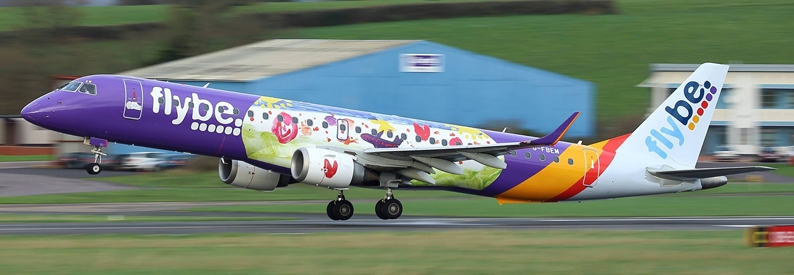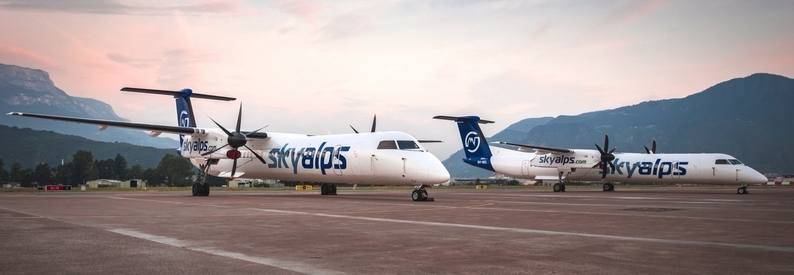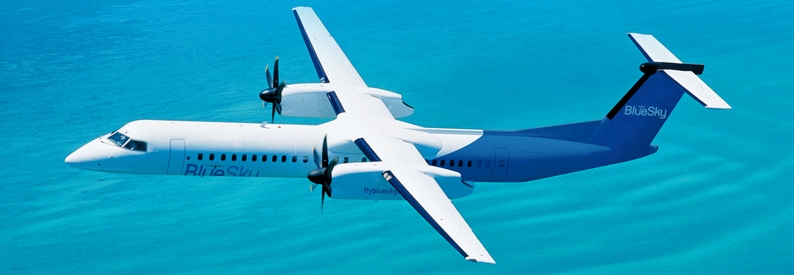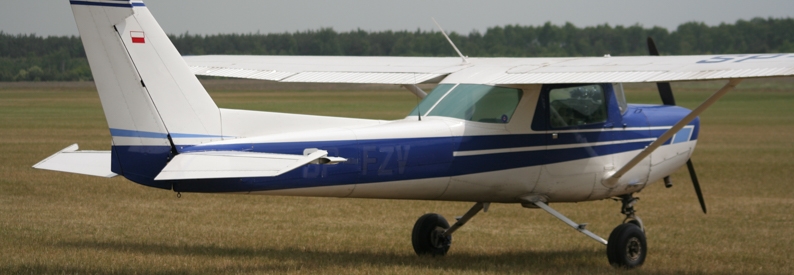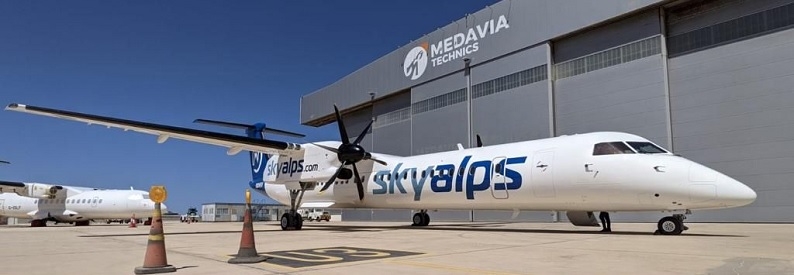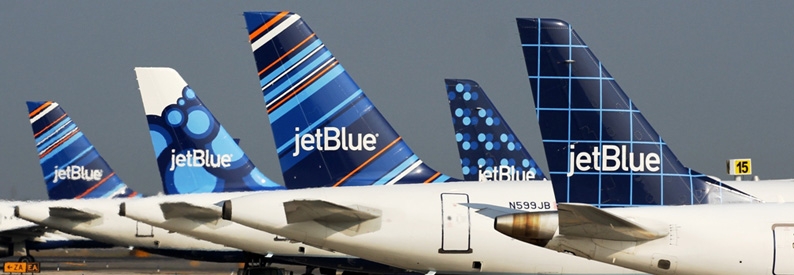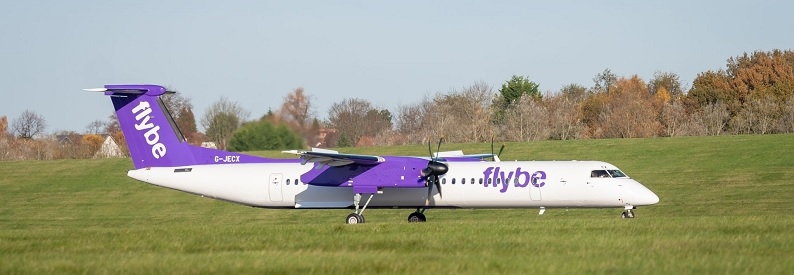flybe. (Birmingham, GB) has chosen Birmingham, GB as its new headquarters and first new crew base ahead of its planned restart in early 2022 with an all turboprop fleet of DHC-8-Q400s, the company announced.
“Our entire fleet will be comprised of the De Havilland Aircraft of Canada DHC-8-Q400, which is a fast turboprop-powered aircraft that can complete short journeys almost as quickly as a regional jet, but with lower CO2 emissions,” Chief Executive Officer Dave Pflieger said in a statement. He added that this was in line with a key focus from day one on environmental sustainability but gave no further details as to the number of aircraft involved.
The former Exeter-based regional carrier – which collapsed in March 2020 – is being revived by private equity house Cyrus Capital which was a shareholder in the old company, flybe. (2002) (Exeter). The business and assets of Flybe Ltd (in administration and now renamed FBE Realisations Ltd) was sold on April 13, 2021, to Thyme Opco Limited (now renamed Flybe Limited), a company that is affiliated with Cyrus Capital.
Amongst one of the first UK airlines to be certified by the UK Civil Aviation Authority (CAA) since Brexit, the new version of flybe. will serve key regions across the UK and European Union. More information about new routes and destinations would be released in the coming weeks, it said.
Pflieger said Birmingham was chosen as the new base due to its international hub status with connections to 150 destinations worldwide, central UK location, and highly skilled workforce. The move is expected to create about 200 direct new jobs over the next three years, with an estimated 400 additional jobs to be created nationwide during that same time frame.
Birmingham Airport Chief Executive Nick Barton described the move as a “shot in the arm” for the airport and the local economy, as well as connectivity for the West Midlands region. The relaunch of flybe. was expected to not only enhance essential regional connectivity in the UK but also help restart many local economies as they rebound from COVID-19.
Before its collapse, flybe. carried around eight million passengers a year between 81 airports across the UK and the rest of Europe.
